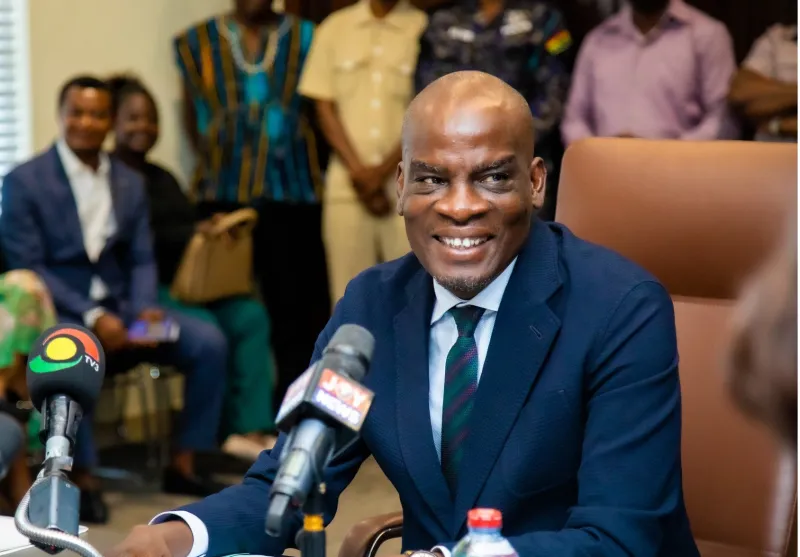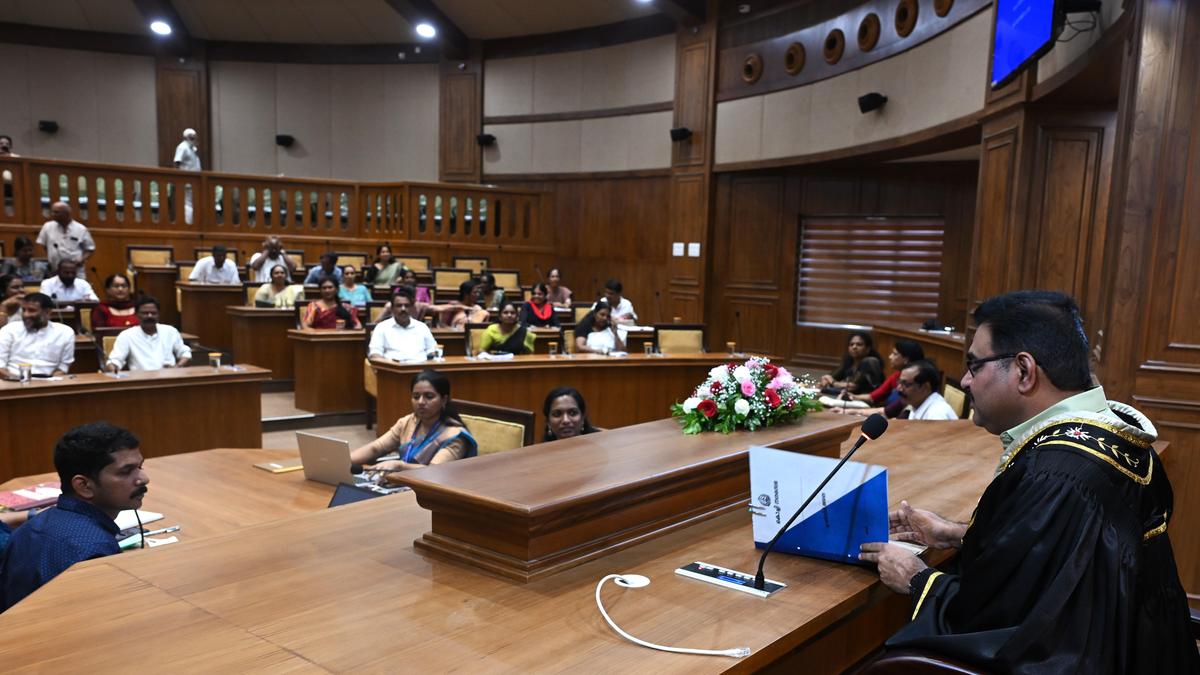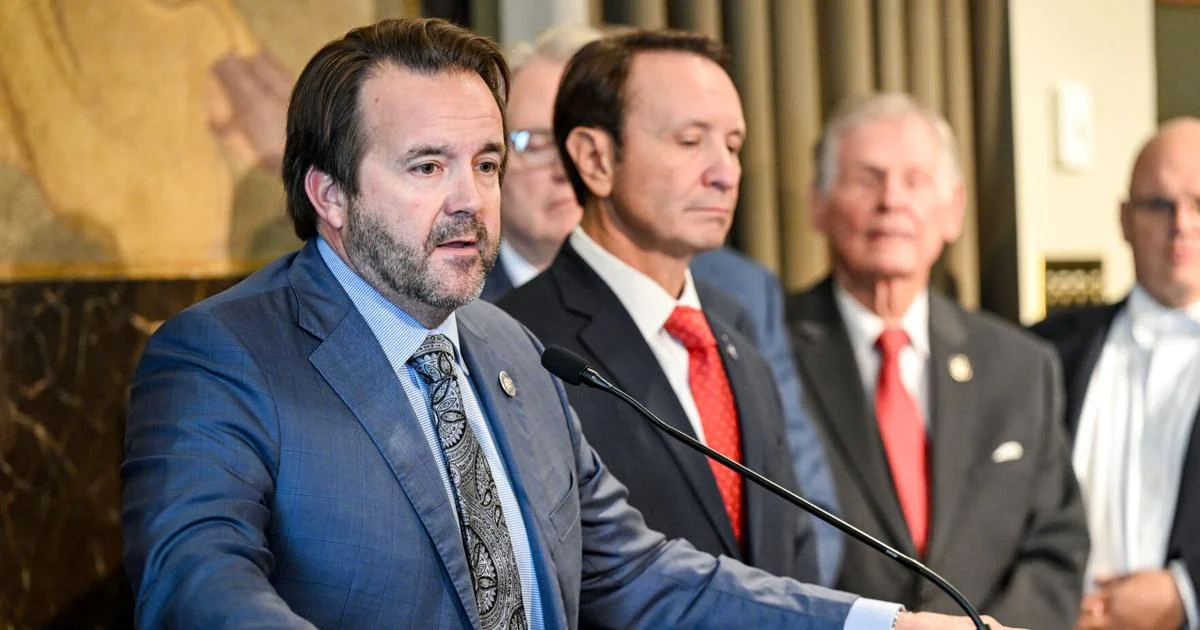Copyright ghananewss

By: Nana Karikari, Senior Global Affairs Correspondent The Ghana Education Service (GES) requirement that Senior High School (SHS) students, particularly girls, maintain extremely short hair upon admission has ignited a nationwide debate on personal liberty, cultural identity, and the persistent colonial legacy within the education system. The policy’s human cost was recently made visceral by a viral video, allegedly showing a student from Yaa Asantewaa Senior High School weeping uncontrollably as her long, natural hair was sheared. This moment was far more than a disciplinary action; it was a profound public display of the violation of bodily autonomy, forcing Ghana to confront an archaic grooming standard that critics argue is a humiliating relic of colonial bias. The Mandate’s Scope and the Socioeconomic Fault Line The mandatory short-hair policy is applied almost exclusively to public (government-assisted) Junior and Senior High Schools (JHS/SHS), particularly those operating the rigid boarding school system like Achimota School and Wesley Girls’ High School. Female students are disproportionately targeted, often required to maintain hair shaved close to the scalp, while boys must keep their hair neatly trimmed and low. This stringent limitation is critical because it introduces a significant social justice dimension. The financial means to attend private or international schools in Ghana, such as the Ghana International School (GIS) or Lincoln Community School, often correlate with significantly greater leniency in grooming policies. These elite institutions frequently allow long hair, diverse natural styles, and religious accommodations, directly challenging the public school argument that short hair is an absolute prerequisite for hygiene, discipline, and academic focus. The resulting two-tiered system suggests the policy disproportionately penalizes students from less privileged backgrounds, fostering a debate about whether the rule is genuinely about discipline or simply about control over those who rely on the state for education. The Academic and Practical Arguments for Conformity The Ministry of Education, through the Ghana Education Service, staunchly maintains that the mandatory short haircut fosters crucial discipline, uniformity, and a singular focus on academics. This position is supported by a large segment of parents, teachers, school administrators. This stance was recently and powerfully articulated at the highest level by the sector Minister. “There is an ongoing debate… We will not tolerate that today, and we will not tolerate it tomorrow,” declared Minister of Education, Haruna Iddrisu. “We are in the business of moulding character, not running a beauty contest.” This declarative statement sets the tone for the pro-policy faction. On the ground, this view is reinforced by administrators. “The school environment is a place of serious endeavor, not fashion display. Our commitment is to academic focus and shared sacrifice, which requires these simple, uniform standards for all students,” stated a prominent headmistress who requested anonymity due to the sensitivity of the debate, summarizing the operational rationale. Supporting this view, a Takoradi-based parent commented, “Boarding school is about discipline, not trends. Short hair simplifies life for the girls and helps them focus on their books. It’s a temporary sacrifice for a lifetime of education.” Proponents contend that in overcrowded, under-resourced public boarding schools, short hair promotes better hygiene, dramatically reduces the risk of lice outbreaks, and saves substantial time and effort—including precious water—that would otherwise be expended on complex hair maintenance for hundreds of students. Advocates believe uniformity also eliminates class-based division and competition over expensive salon styles, ensuring a level playing field where all students are judged on their character and academic performance, not their appearance. “I don’t mind the short hair,” added Gyasiwa Ansah-Yeboah, a SHS student at Koforidua Secondary Technical School. “It saves me so much time in the mornings, and everyone looks the same, so there’s less pressure to look perfect.” Focus on National Priorities A dissenting voice among those who accept the short-hair mandate has emerged to criticize the disproportionate national attention given to the issue. Ghanaian actor, Oscar Provençal, while agreeing that long hair could be a distraction, argued that the debate itself is a diversion from more critical systemic failures. “Why are we discussing hair when there are other important issues to be discussed in this country?”, he asked, lamenting the seriousness accorded to the viral video. Provençal redirected the focus to pressing, high-priority concerns such as the security of students in school, the quality of food being served, and the rise of mobile phone use, arguing that these factors are more influential on a student’s performance than their hairstyle. He fundamentally challenged the idea that hair length determines cognitive ability, stating: “Hair does not determine how intelligent you are.” This perspective reframes the debate not as one of hair vs. discipline, but of a minor, easily sensationalized issue vs. major, underlying educational and safety crises. The Viral Symbol and the Neutral Ground of Media Ethics The viral video that dramatically amplified this debate was immediately subject to a crucial neutral question: authenticity. Reports circulated that the clip, which depicted the raw, emotional trauma of a young girl’s forced haircut, may have been a sensationalized or AI-generated deepfake intended to maximize public outrage. Regardless of its digital origin, the video’s widespread distribution served as an undeniable, if controversial, symbol of the policy’s emotional cost. It humanized the issue, reminding the public that for a child, hair is intrinsically linked to self-image and identity. Whether real or fabricated, the powerful sight of a weeping student losing her hair became the emotional anchor of the debate, highlighting the potential for deep psychological trauma often cited by the anti-policy faction. Colonial Roots, Constitutional Rights, and Bodily Autonomy The anti-policy stance rests on the argument that the strict rule is a direct and discriminatory hangover from the colonial era. Scholars and cultural experts note that precolonial Ghanaian society celebrated hair, with the Akan proverb, “ɔbaa n’enyimyam nye ne tsirhwin,” meaning ‘The glory of a woman is her hair,’ underscoring its importance. Critics argue that the current policy is a vestige of colonialists who “negatively labelled [African hair] as reclusive, elusive and shrinking kinks,” thus perpetuating a negative self-perception that actively diminishes African identity. The most compelling constitutional argument focuses on the individual’s right to bodily autonomy and the choice of self-expression. Critics emphasize that the forced haircut is not merely a hygienic mandate but a psychological intrusion, directly violating the human right of a person to decide what happens to their own body. “It feels like they are taking away part of who you are before you even start class. Hair is tied to my confidence and my identity,” stated Nana Afia Owusu, a SHS applicant who faced the rule, underscoring the deep personal connection students have to their hair. This clash culminated in the landmark 2021 Achimota School dreadlocks case. Rastafarian student Tyrone Iras Marhguy, when denied admission, articulated the personal sacrifice, stating that he would choose his faith over his education at the school. The Accra High Court ruled emphatically that forcing the students to cut their hair as a manifestation of their religion was an unconstitutional breach of their fundamental human rights. His father, Tereo Marhguy, summed up the fight for student choice: “We have been divinely chosen to keep fighting the school so no other student has to choose between their faith and their education again. This legal victory was a profound moment for student autonomy. Elite Schools: A Contrast in Cultural Priorities A sharp contrast exists between the venerable public institutions and the elite international schools. Highly regarded public schools like Achimota and Wesley Girls’ operate under the GES/CHASS (Conference of Heads of Assisted Senior High Schools) umbrella, which dictates mandatory short hair as part of a mission to enforce discipline and conformity inherited from their missionary foundations. The priority is structured character development within a rigid uniform code. Conversely, international schools like the Ghana International School (GIS) and the Lincoln Community School, which largely cater to affluent Ghanaians, expatriates, and international curricula, often permit long hair, elaborate styles, and religious accommodations. They generally follow more Westernized or culturally neutral grooming codes. This fundamental disparity argues that the hygiene and distraction rationales of the GES lack universal academic validity, positioning the short hair mandate as a cultural choice rather than an educational necessity. Regional Context: Policies Across West Africa While Ghana’s debate is often framed against the backdrop of Western legal reforms, a comparison with neighboring African countries underscores the regional nature of this colonial legacy. In Nigeria, for instance, schools have historically maintained strict, short-hair mandates similar to Ghana’s, though recent court rulings have increasingly favored religious accommodations and natural styles, particularly for female students, challenging the missionary-era uniformity rules. Even more progressive is South Africa, where landmark cases like the one involving Pretoria Girls High School effectively dismantled racially discriminatory policies, ruling that restricting natural Black hairstyles (such as dreadlocks or Afros) is a violation of the constitutional rights to equality and dignity. These regional examples show that other post-colonial states are actively moving past the argument that natural or longer hair is inherently incompatible with discipline or hygiene, setting a precedent that Ghana’s education service has yet to fully acknowledge. Global Comparison and the Decolonization Imperative Ghana’s strict policy stands in stark contrast to the trajectory of school grooming policies in countries like the United States and the United Kingdom, where the conversation has shifted toward protecting natural Black hair. In the US, the passage of the CROWN Act (Creating a Respectful and Open World for Natural Hair) across several states specifically bans discrimination based on hair texture or protective styles historically associated with race. Similarly, in the UK, courts and education authorities have increasingly sided with students, viewing hair restrictions as discriminatory. Unlike these nations, whose policies are rapidly evolving due to civil rights legislation, Ghana is struggling with a unique decolonization imperative—a deeply internalized, systemic prejudice inherited from its colonial past. Ghana continues to struggle with this issue, despite its established democratic framework and a landmark High Court ruling. This failure to fully shed discriminatory practices in public institutions is common across post-colonial states. The resulting conflict traps thousands of students and their families in an emotional and political contest. This contest forces deeply ingrained tradition against the irresistible force of modern human rights and identity. More Stories Here Source link



